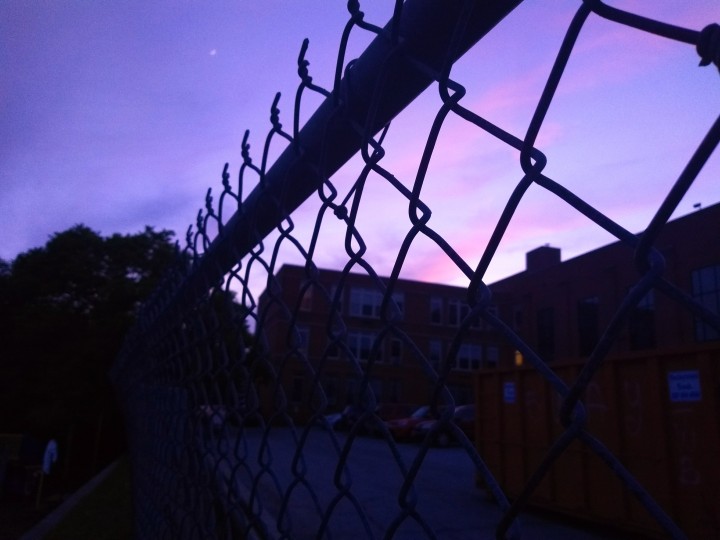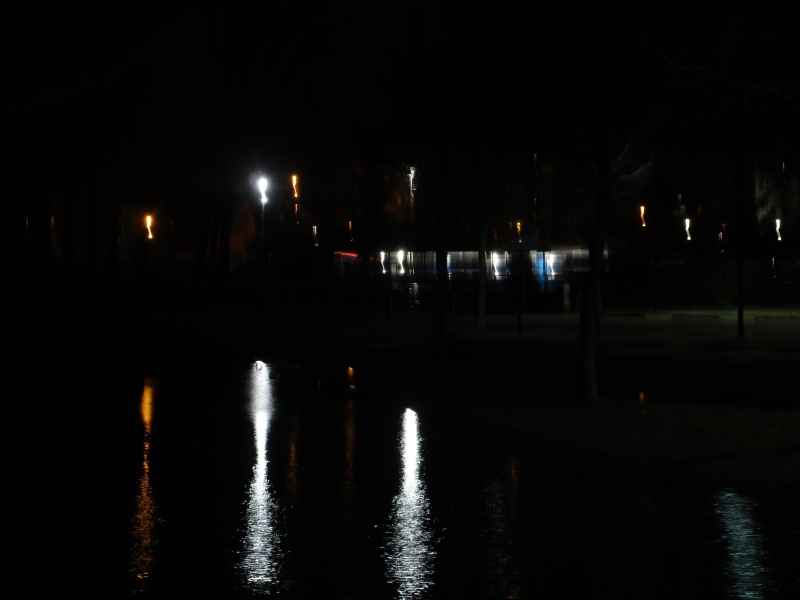I have become accustomed, in recent years, to receiving outrageous college mail, mail outrageous both in volume and in optimism. Staid, professional envelopes or exuberantly colorful postcards make the incessant claim that such and such a college is highly-rated, offers financial aid, and can answer any questions its students might ask about the world or about themselves. It is the last assertion that I find doubtful. The college years are certainly an opportune time to learn more about the world and my place in it, but what many colleges seem to miss is the beauty and necessity of unanswered questions.
A question with an answer is reliable, easy to use in both home and classroom, and well-suited to the needs of a modern student. It does not, however, allow a person to wonder. Everyone knows that it is impossible to know everything, but many colleges (and religions) claim to be the path to total knowledge. The path to total knowledge is impossible, and therefore it is the path to cynicism. A cynic is tired of the world; and this tiredness comes not from knowing everything (because that is impossible), but from thinking that everything is known. An expert, on the other hand, wonders because he is aware of how little he knows. Where a cynic is surrounded by simple questions with boring answers, the expert, the truly educated, finds many questions without answers and follows them past the edges of his knowledge. He does not know, and so he wonders.
Ask a Catholic theologian almost anything, and he or she will respond, “Well, yes and no.” Simple answers are foreign to the Church because she, out of all the religions, philosophies, and sciences, admits that she does not have, and cannot have, all knowledge. God is the ultimate wonder; to pretend to be able to know God completely is either arrogant or foolish. Naturally, God creates the world to be like himself, and because of this he can be seen through the world: “The heavens are telling the glory of God; and the firmament proclaims his handiwork.” (Psalms 19:1) A truly educated person, perched on the shore of the sea of knowledge, really only knows the smallest waves lapping at his feet. But when he looks beyond what he knows, across the vast ocean, he catches a small glimpse of the Divine infinity.
A college that claims to have all the answers is in denial of reality. It does not actually have all the answers, and so its education will be disappointing. Students who are led to believe that all questions have easy answers will be lost in the real world. A Catholic college, on the other hand, teaches what is known and then teaches how to ponder the unknown. Students at Catholic colleges are made aware of the limits of human thought and so are prepared intellectually for a world full of questions without simple answers. They are prepared to wonder at what cannot be known and to search for what is difficult to know. They are given the knowledge necessary to rejoice in the beauty of not knowing.
The best questions cannot be answered in a class, in a semester, or even in four years: Who is God? Who am I? What is the world? I want to go to a Catholic college because there, the exploration of these questions will be encouraged and my mind will be elevated to appreciate the fullness of creation. The world is beautiful because it is beyond humanity. The best education is one that will allow me to look outside myself and what I understand, to listen, to question, and to ponder. The greatest wonder, the final question, is not in the world at all, but is the Creator. I cannot learn the full answer to this question, but with a Catholic education I will be able to pursue it for a lifetime and for eternity.
Author’s Note: This work was originally written as a scholarship essay, in response to the prompt, “From academics to student activities to residence life, what makes a faithful Catholic college attractive to you?” The author cannot recommend plagiarizing this work, less because you might get caught than because someone might think you actually wrote it.








